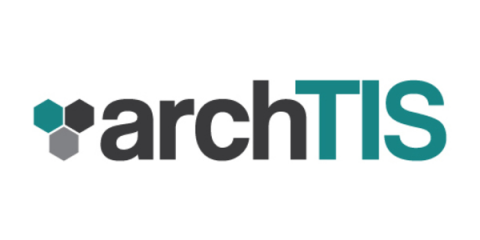archTIS Shortlisted for Two 2023 Australian Defence Industry Awards
We are proud to share that archTIS has been shortlisted for two 2023 Australian Defence Industry Awards. The company has been named a Finalist for Cyber Business of the Year, and Managing Director and CEO Daniel Lai is nominated for Executive of the Year. archTIS is humbled to be recognised once again for our contributions as a company to improving the secure collaboration of sensitive information in the defence industry. I am also honoured to be nominated for Executive of the Year.



